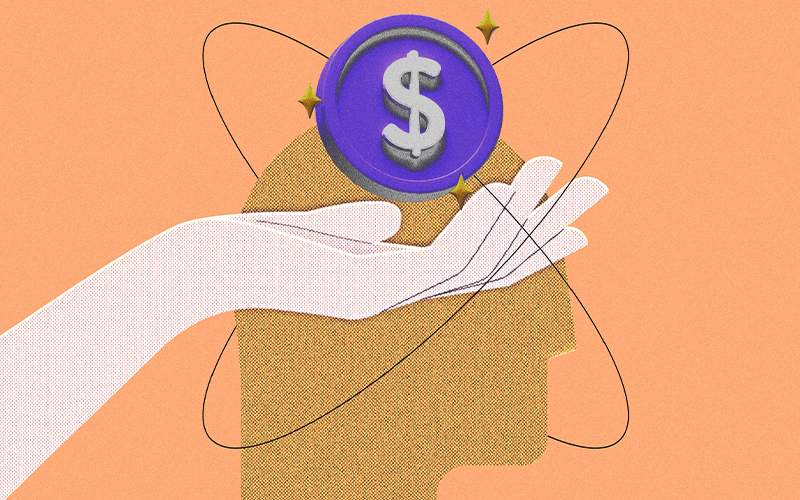Keeping Customers Happy During Economic Hardships

For the first time in 40 years, inflation has sharply risen and gained front-page news, leaving us all with so many unanswered questions. What does this mean for businesses? Consumers? Are we heading into a recession? Are we already in it? The truth is, there isn’t a clear answer yet, so we’re here to help you prepare for anything and stay flexible.
The past two years have seen an overwhelming amount of change. Now, as life slowly returns to normal, prices and interest rates are rising. While some are still riding high from increased wages and bonuses, others are starting to eat more at home and cut back on their spending. So, what does this mean for the food and beverage industry? Luckily, these companies will still have opportunities, especially in the retail space, because their products are necessities. Consumers do not want to change their eating and drinking habits but will eventually have to adjust their purchase frequency or quality preferences.
Don’t stop marketing efforts.
The most important point for businesses during an economic downfall is to readjust but never stop your marketing efforts. According to the Ehrenberg-Bass Institute for Marketing Science, companies that stopped advertising during the 2008 recession saw decreases in sales and revenues and experienced a lengthy recovery period to regain that business afterward. Companies need to continue these efforts to avoid being forgotten and left out of the purchase decision altogether. On the other hand, the Institute found that the companies that continued investing in marketing during the recession saw increases in their sales. Repeated evidence from industry leaders such as General Mills’ Jon Nudi, and VCCP’s Claire Hutchinson shows that companies will benefit and may even grow with the correct marketing plans during economic hardships. Now – how do we do that?
Be transparent.
Be transparent and start fresh. Your company may face struggles ranging from supply issues, cost increases with labor, packaging, and ingredients, and tighter margins. Many of your customers will have to cut costs, change their habits, and alter their lifestyles. Both parties will have pain points, but you need to understand each other and communicate since this current scenario is new for everyone. If you increase prices, explain why. Listen to and learn about your customers; and as their needs alter, ensure you evolve with them to stay relevant.
Do your research.
Invest in new market data since your customer base will change with inflation. By understanding your customers and their needs, you will be able to target your marketing plans more effectively. For example, match your offerings and ads to the available local inventory to maximize your sales. With a well-researched and planned marketing strategy, you can spread your message effectively and meet your customers where they are through a variety of strategic channels.
Create value for your customers.
It will be beneficial to reward your customers whenever you can. Bundle products, give discounts, create partnerships, and offer a variety of price points. Possibly eliminate some underperforming items; limiting your product offerings may be effective in reducing supply chain strains, along with lowering your overall costs and keeping the prices down for your more popular products. Put more marketing effort behind value-based messaging for essentials and necessities instead of pushing luxury, nice-to-have items.
Create win-win situations.
This could mean offering more with price increases. This tactic helps make the customer feel the price change is worth it. This can be as simple as changing the size of pasta boxes from 11 to 12oz when you introduce a $1 price increase. A lot of consumers will focus more on buying in bulk (decreasing their cost per unit and also saving on the travel/shipping impact), so larger packaging will be welcomed by many. These types of offers will assist you in building brand loyalty with customers, which is more beneficial in the long term than bringing in single-time buyers.
Overall, to stay relevant, you need to value your customers, personalize your messaging, and optimize your strategies. The industry has already started to move away from luxury products to more budget-friendly options. Essential products and discounts are becoming increasingly important. All in all, food and beverage companies that stay relevant, helpful, and top-of-mind to customers will likely succeed through these economic hardships.
See how we can help you.
Provide us with your information and we’ll be in touch soon.
